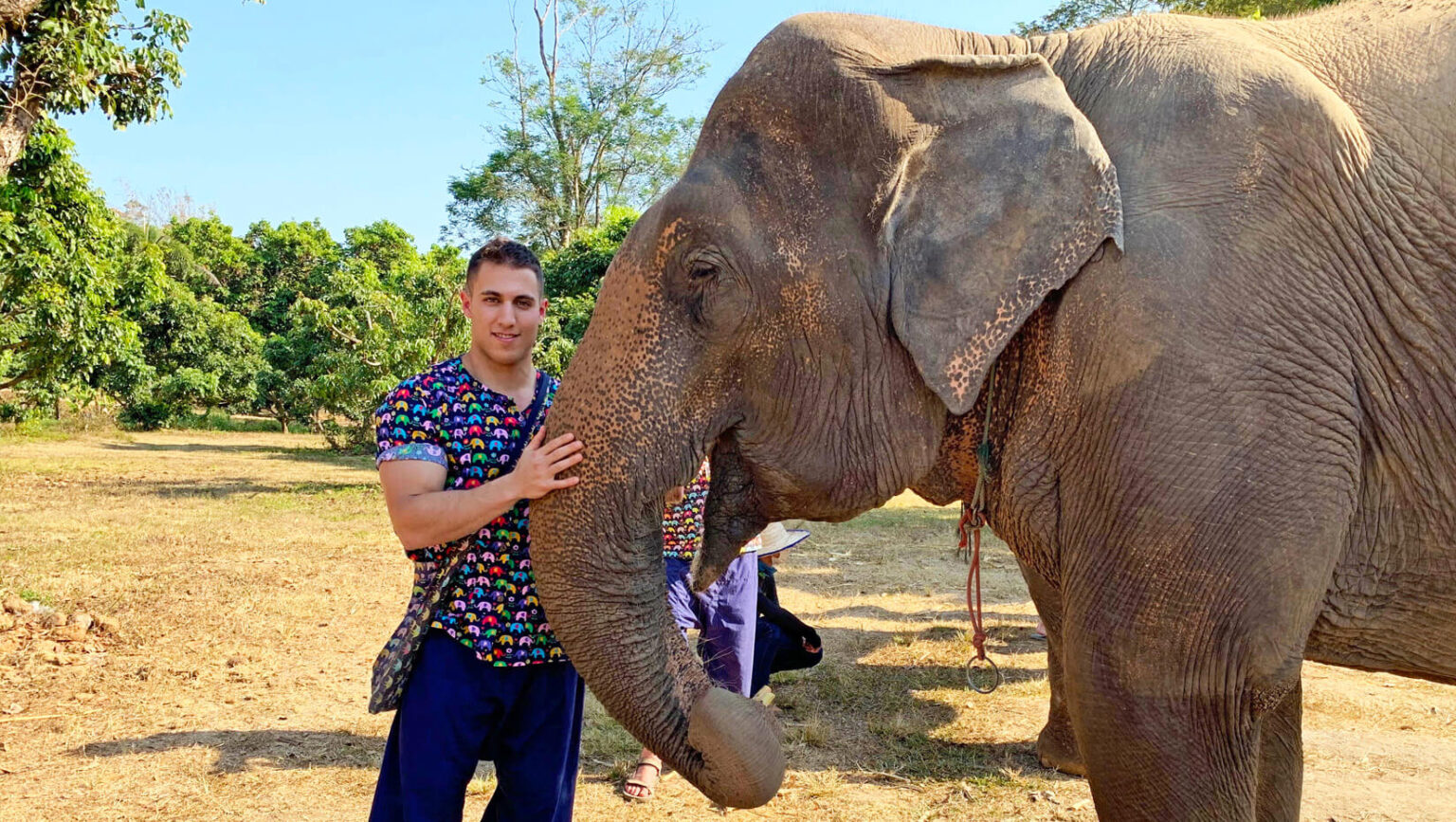
Interview: Critical Language Recipient Noah Falkner
Scholarships are a huge deal. They take time to prepare, courage to enter, and often open up a variety of opportunities to continue pursuing one’s goals and dreams. Today, we’d like to celebrated Noah Falkner, a 2020 recipient of the Critical Language scholarship.
The Critical Language Scholarship funds American college and university students for a summer abroad to learn languages “essential to America’s engagement with the world.”
How did you first hear about this scholarship?
I first heard about the scholarship through OMS. I chose to apply because CLS has a relatively low time commitment compared to other major scholarships.
Do you remember where you were when you found out you had received the scholarship? If so, where? Tell us the story!
I was studying abroad in Uruguay when I found out. I opened the email in my apartment when I got home from class that day. I was excited to see that I was accepted, but this was in March, so there was a lot of uncertainty at the time due the unfolding circumstances of the pandemic.
Did you travel for/because of this scholarship? If so, where?
Due to the pandemic, the travel portion of the program was canceled, and CLS hosted a virtual institute instead. I was supposed to travel to Tainan, Taiwan to study Mandarin Chinese, but I ended up taking the course online while I was living in Montevideo, Uruguay. I guess you could say there was a “travel” component to my CLS experience because I was abroad during the program, but when I walked out my door, I heard Spanish, not Chinese.
What was your favorite aspect of the scholarship experience?
My favorite aspect of the scholarship experience was engaging with my classmates. CLS is a competitive program, so the caliber of people you meet is generally pretty high. 95% of engagement takes place in the target language, so the challenge is getting to know each other without using English. Part of the CLS program also includes being connected with a local language partner. We weren’t able to meet in person, but over the course of the program I was able to develop a unique friendship with my language partner, a college student from Taiwan.
Did receiving this scholarship affect your future academic and/or career goals?
Receiving this scholarship likely will affect my career goals. Speaking foreign languages is an ever more sought-after skill in the field of international affairs, in which I aspire to work. I can’t predict whether or not speaking Chinese will be a central component of my career or future job description, but it will certainly help to open doors and shine a new light on various international issues.
What advice do you have for others who may be interested in applying for this scholarship?
Just apply. Be creative in painting a picture of how the critical language you pick aligns with your academic/professional history/trajectory, and be clear and nuanced about how your participation furthers your academic/professional purposes, the purposes of the program, and American interests more broadly.
— Noah Falkner, International Security and Foreign Policy
